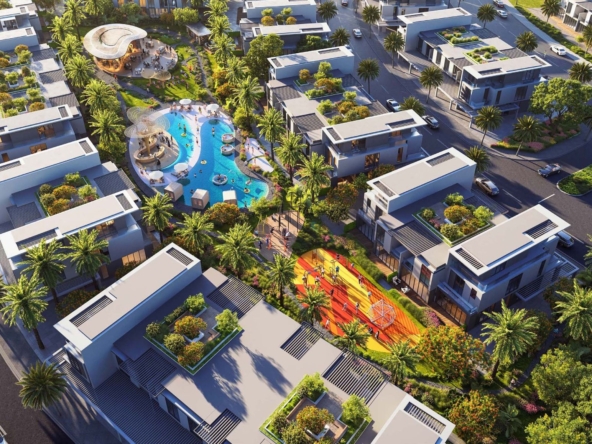Dubai’s real estate market has long been a magnet for investors and homebuyers from around the
world, thanks to its luxurious properties, strategic location, and dynamic economy. However,
buying property in Dubai involves navigating a complex legal landscape. Here’s a guide to
understanding the key legal aspects of purchasing property in Dubai, UAE.
Freehold vs. Leasehold
Dubai allows foreigners to buy property in designated freehold areas. Freehold ownership grants
buyers full ownership of the property and the land it stands on. These areas include popular
locations like Dubai Marina, Palm Jumeirah, and Downtown Dubai. In contrast, leasehold
properties are typically available for a 99-year lease, after which ownership reverts to the
original owner. It’s crucial to verify the status of the property you’re interested in to understand
your rights as an owner.
The Role of the Dubai Land Department (DLD)
The Dubai Land Department (DLD) oversees all property transactions in Dubai. Every property
purchase must be registered with the DLD to ensure legal protection. The registration process
includes several steps, such as obtaining a No Objection Certificate (NOC) from the developer
and paying the necessary fees. The DLD also maintains the Dubai REST app, which provides a
wealth of information and services for property buyers and owners.
Sales and Purchase Agreement (SPA)
Once you’ve selected a property, the next step is signing the Sales and Purchase Agreement
(SPA). This contract outlines the terms and conditions of the sale, including the payment
schedule, handover date, and responsibilities of both parties. It’s advisable to have the SPA
reviewed by a legal expert to ensure all clauses are fair and transparent. A typical SPA will also
include penalties for late payments or delays in handover, providing protection for both the buyer
and the seller.
No Objection Certificate (NOC)
Before the transfer of ownership can be completed, the developer must issue a No Objection
Certificate (NOC). The NOC confirms that there are no outstanding payments or issues related to
the property. It’s a crucial step in the buying process, as the DLD will not proceed with the
transfer without it. Obtaining the NOC typically involves settling any service charges and ensuring the property is in good standing.
Transfer of Ownership
The final step in the property buying process is the transfer of ownership at the DLD. Both the
buyer and seller, or their representatives, must be present to sign the transfer documents. The
buyer must pay a registration fee, usually 4% of the property’s purchase price, along with a small
admin fee. Once the documents are signed and the fees are paid, the DLD will issue a new title
deed in the buyer’s name, officially transferring ownership.
Financing and Mortgages
Many buyers in Dubai opt to finance their property purchase through a mortgage. UAE banks
offer a variety of mortgage products to both residents and non-residents, typically financing up to
80% of the property value. It’s essential to secure pre-approval for a mortgage before committing
to a purchase, as this will give you a clear understanding of your budget and streamline the
buying process.
Legal Representation
While not mandatory, hiring a legal expert or property lawyer can provide significant benefits. A
lawyer can guide you through the legalities, review contracts, and ensure that all transactions are
conducted smoothly and in accordance with UAE laws. This added layer of protection can
prevent potential legal issues and provide peace of mind.
Conclusion
Buying property in Dubai offers a wealth of opportunities but requires careful navigation of the
legal landscape. Understanding the distinctions between freehold and leasehold properties, the
role of the DLD, the importance of the SPA and NOC, and the process of transferring ownership
are all crucial steps. With proper legal guidance and due diligence, you can secure a valuable
investment in one of the world’s most vibrant real estate markets.



